Business Unusual: A Rapidly Changing World Calls for Adapting Peacebuilding in Africa
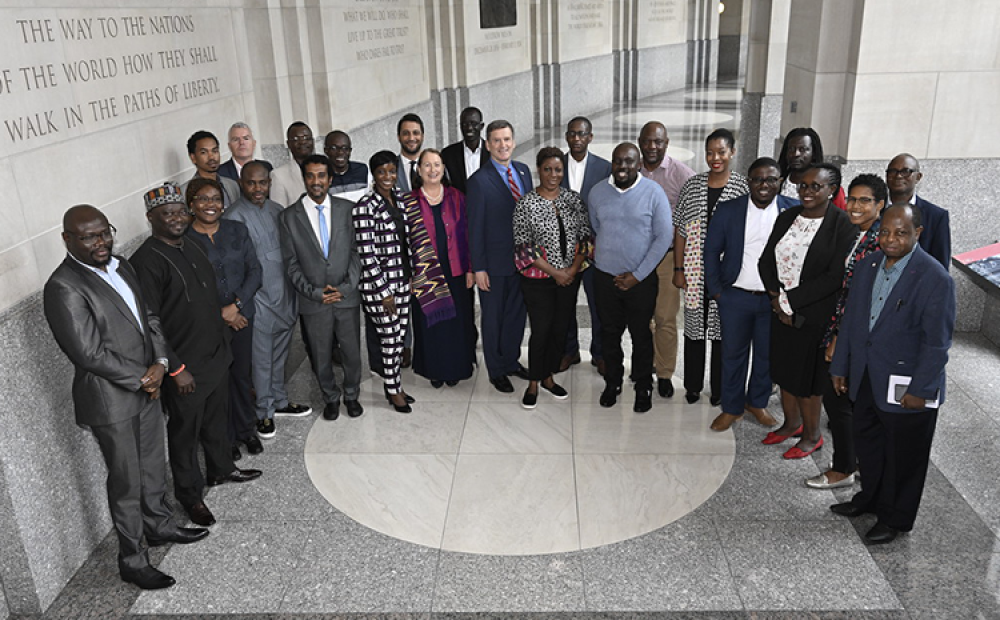
Click the links below to watch the public sessions.
The conference convened 26 members and representatives in Washington D.C. from 21 SVNP organizations, SVNP scholar alumni, members of the public, policymakers, practitioners, experts, and international stakeholders to assess the current state of peace and security in Africa and analyze how peacebuilding approaches can or should change to fit the current environment.
The global peace and security landscape is undergoing significant changes. Consecutive shocks such as COVID-19, economic decline, climate change, rising food insecurity, degradation in democracy, and an uptick in violent extremism in some countries have contributed to increasing fragility. Meanwhile, on the African continent, the acceleration of economic integration through the African Continental Free Trade Area (AfCFTA) and progress toward digital transformation open new opportunities for advancing development goals.
The key question posed at the conference was, “what does all of this mean for peacebuilding in Africa?”
As Ambassador Mark Green, Wilson Center President and CEO, noted in his remarks regarding the conference theme, “[It is] appropriate because peace is at stake in so many parts of the continent, but also[…]it’s appropriate because we recognize there is so much that can be done in Africa.”
Over five days of internal and public sessions, participants:
- Took stock of the peace and security challenges before the COVID-19 pandemic and considered how these challenges have evolved and what can be done to address them.
- Assessed peacebuilding from a wide view to examine issues of citizen-state relations, democratic decline, gender, youth, technology, food security, and terrorism, among others.
- Discussed best practices, concrete recommendations, and policy options for adapting and strengthening peacebuilding in Africa.
Key themes that emerged from the conference included:
- COVID-19’s continued impacts on the peace and security landscape in Africa;
- Democratic backsliding continues to test governance and social contracts in Africa amid continuing citizen demand for democracy;
- Climate change and climactic shocks have contributed to increased fragility;
- The continuing necessity of women and youth inclusion and expertise in Africa’s democratic and peacebuilding space;
- The need for meaningful interrogation and implementation of efforts at localization by the United States and international partners;
- The role of technology as a double-edged sword when it comes to peacebuilding;
- A call for African stakeholders to continue leveraging their voices and expertise to influence peacebuilding further and for international partners and institutions to meaningfully engage their expertise;
- The importance of involving and empowering local, national, and regional expertise and voices in peacebuilding;
- The need for engagement by and of the private sector in driving solutions and contributing toward building peace;
- The need for a reexamination of the suitability and role of the international system and global peacebuilding infrastructures as peacebuilding actors;
- The opportunity to draw on African strengths in multilateralism to strengthen peacebuilding approaches; and,
- The continuing need to take a long view of investments in peacebuilding in Africa.
Through these dialogues, public sessions, private discussions, and networking facilitated at the conference, the SVNP members provided valuable insights and perspectives into how to adapt peacebuilding approaches in Africa.
A full conference report, including session readouts and recommendations, is available to read and download below.
Public conference sessions (click any session to watch):
September 12
-
14:00-15:00: Peacebuilding in Africa: Adapting to a Changing World (Wilson Center)
September 13
-
10:30-12:00: Democratic Decay and the Comeback of Coups (National Press Club)
-
13:30-15:00: Assessing the State of Citizen-State Relations in Peacebuilding in Africa (National Press Club)
-
15:30-17:00: Women and the African Peace and Security Agenda (National Press Club)
September 14
-
09:00-10:30: Digital Transformation, Governance, and Peacebuilding: New Threats and New Responses (Wilson Center)
-
15:30-17:00: Terrorism in Africa: State of Play and Solutions (Wilson Center)
September 15
-
09:00-10:30: Economic Integration, the Private Sector, and Peacebuilding (National Press Club)
-
11:00-12:30: Interlinked Challenges: Food Security and Peace (National Press Club)
-
13:30-15:00: Youth and the Future of Peace and Security in Africa (National Press Club)
The Southern Voices Network for Peacebuilding: Centering African knowledge and agency is key to building and sustaining peace in Africa. The Southern Voices Network for Peacebuilding (SVNP) works with the Wilson Center’s Africa Program to attain the most appropriate, cohesive, and inclusive policy frameworks and approaches for achieving sustainable peace in Africa. Generously sponsored by Carnegie Corporation of New York since its establishment in 2011, the SVNP works to generate African knowledge to inform US and international peacebuilding policies on Africa; help build the next generation of African peacebuilders through its scholarship program; and create a pan-African network of African peacebuilding organizations, practitioners, and experts to collaborate and share knowledge, best practices, and lessons learned on peacebuilding in Africa.
More information about the SVNP can be found here.
Follow the Africa Program Twitter account @AfricaUpClose and catch up on the conversation using the hashtag #PeacebuildinginAfrica.
Speakers

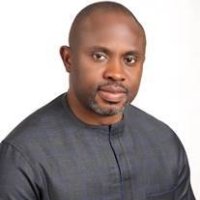
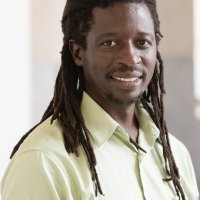
Associate Professor of Media and Security Studies, Rongo University and Founding Director, Center for Media, Democracy, Peace & Security (CMDPS).
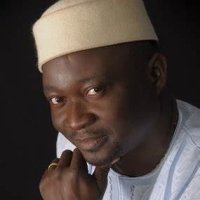
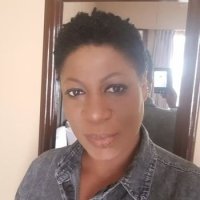
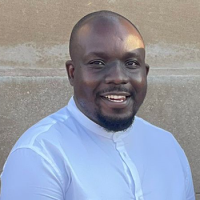
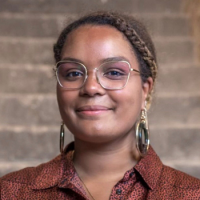
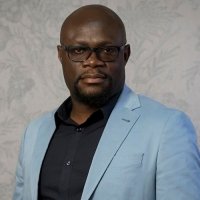
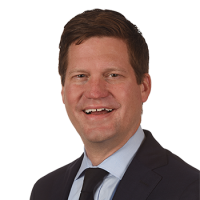
Director of Public Policy, TC Energy; Senior Advisor for Private Sector Engagement, Africa Center, United States Institute for Peace

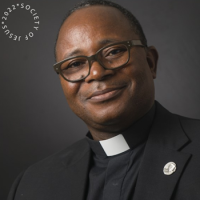
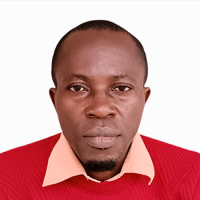

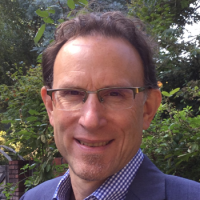
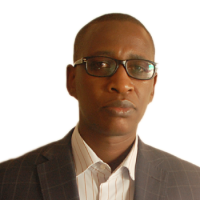
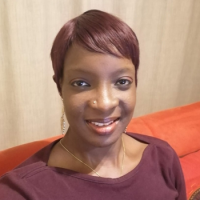

Moderators
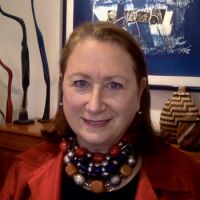


Independent

Hosted By

Africa Program
The Africa Program works to address the most critical issues facing Africa and US-Africa relations, build mutually beneficial US-Africa relations, and enhance knowledge and understanding about Africa in the United States. The Program achieves its mission through in-depth research and analyses, public discussion, working groups, and briefings that bring together policymakers, practitioners, and subject matter experts to analyze and offer practical options for tackling key challenges in Africa and in US-Africa relations. Read more
